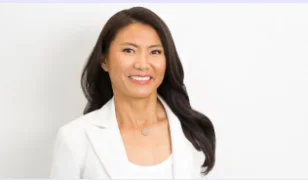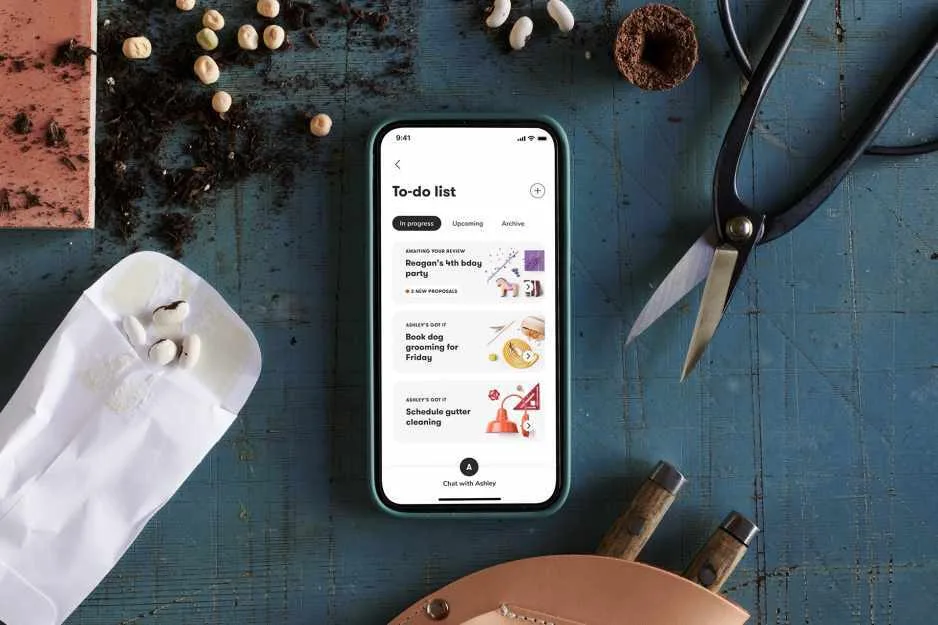Changing Roles of Humans, Software, and Hardware in Care Services

Recognising the concerns of busy working parents, Yoki Matsuoka, Managing Director of Panasonic Corporation, has launched a new service focused on the well-being of families.
Matsuoka served as head of innovation at Google and as chief technology officer at Nest, and won a prestigious MacArthur “genius” award in 2007 while a professor at the University of Washington, directing the Centre for Sensorimotor Neural Engineering and the Neurobionics Laboratory.
When she started building her new venture, a personal assistant service called Yohana, which was launched in September 2021, her thoughts did not immediately turn to robots or artificial intelligence.
Her career began in academia as a professor at Carnegie Mellon University and the University of Washington. During her time at the University of Washington, she founded and directed the Centre for Sensorimotor Neural Engineering and the Neurobotics Laboratory to create devices to restore the human body’s ability to sense and move.
Matsuoka’s career changed when she decided to take the leap out of academia and work in Silicon Valley. Since then, she worked with leading technology companies, in positions including CTO of Google Nest, VP of the organisation’s Google Healthcare, co-founder of Google X, Senior CEO of Apple and CEO of Quanttus, a wearable healthcare technology startup.
She is currently the founder and CEO of Yohana, a subsidiary of Panasonic based in the United States that specialises in creating consumer technology products to help people live happier and healthier lives.
Within Panasonic, she lead global innovation while serving as Managing Director of Panasonic Corporation. The team worked closely with Panasonic to launch Yohana and we look forward to continuing our partnership.
She said, I feel very supported in the conduct of this exciting adventure.
As a mother of four, she realised that American families are going through a crisis and are too busy to enter a to-do list on their smartphones. The COVID-19 pandemic then hit and aggravated the problem.
40% of mothers have added three or more hours of extra care per day to their schedule as working mothers are still expected to do most of the housework. The boundaries have become so blurred that working women in particular are unable to do their jobs to the best of their ability due to other responsibilities.
She began to focus on how I can help people facing similar burnout situations. Eventually her mission became: : “To build technology to enhance wellbeing for families,” and that was how the idea for Yohana came to be.
About Yohana
Yohana is essentially a wellness company that helps families find balance by prioritising wellness and caring more for each other. The Yohana Membership was developed as a subscription service that provides members with a true personal assistant, someone who gets to know you and your family and builds trust.
Having such a person would help guilt-free people delegate daily tasks, helping working women to be more present in their lives.
The unique selling proposition of Yohana lies in the Yo-assistants, which have been made “superhuman” by technology and which customers can reach via the app.
Currently, the app deals with memos, but at some point it will integrate voice software by using devices like Google Home to add to-do lists.
The role of AI in the app will increase over time as we learn more about our customers’ needs and increasingly incorporate data and ultimately reduce the number of assistants needed per household.
Yohana’s vision for the future aligns with Panasonic’s as the the organisation anticipates equipment, services and people will be used together. Building some of the pieces. the vision hopes that in the future, working women will be able to use this kind of care technology to start posting, develop trust systems in our ministry, and not be forced to constantly make difficult work-life compromises.
Matsuoka’s experience during the pandemic with children at home also accelerated interest in the idea for Yohana. She knew parents around the world were experiencing similar struggles. “A lot of things that were already happening for busy families got amplified, it became just impossible,” she said.







